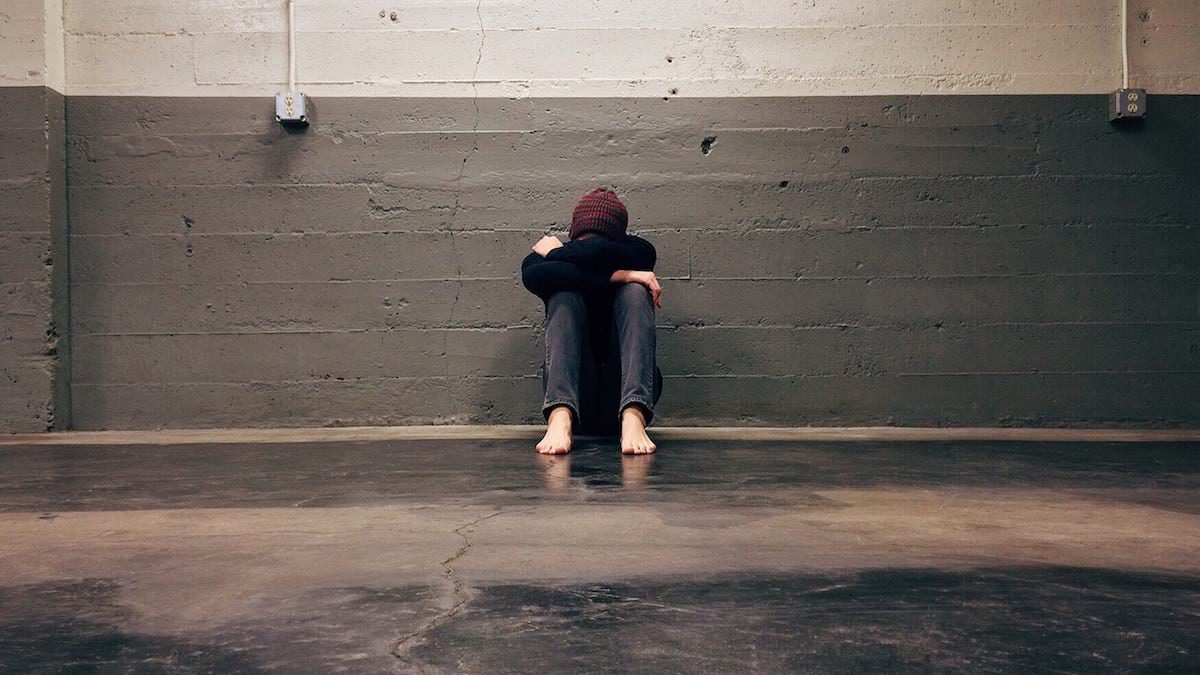Bipolar disorder is a type of personality disorder, which was once known as manic depression. According to the DSM-5 (Diagnostic and Statistical Manuel of Mental Disorders, Fifth Edition), there five types of bipolar disorder, the most common two being: bipolar I and bipolar II. Bipolar disorder is a mood disorder that is characterized by sudden and severe episodic mood swings from emotional highs (manias) to emotional lows (depressions) with intervals of stable moods. An individual with a bipolar diagnosis will experience episodes that are all consuming and uncontrollable. The duration of an episode will vary and can last from days to weeks long. Bipolar disorder can cause significant changes in one’s energy and ability to concentrate. Common symptoms associated with bipolar disorder can include any combination of the following examples: anxiety, pain, despair, sleeplessness, and depression. The development of bipolar disorder can be attributed to risk factors such as genetics and imbalanced brain chemicals.
Substance Abuse
It is not uncommon that people struggling with bipolar disorder attempt to self-medicate through the use of drugs and/ or alcohol, in attempts to stabilize their moods. In the short term, the use of drugs and/ or alcohol can provide an individual with some relief of the adverse symptoms that accompany bipolar disorder. In the long run, however, drugs and/ or alcohol can actually exacerbate the symptoms of bipolar disorder, making it worse for the individual. In some cases, substance abuse can awaken dormant mental health disorders in an individual. According to a study conducted, with the sample group made up solely of individuals with bipolar disorder, approximately sixty percent of participants had some history of substance abuse. Unfortunately, substance abuse and bipolar disorder are highly common co morbid mental health ailments.
Substance Induced Bipolar Disorder
The frequent use of drugs and/ or alcohol can cause physical changes in one’s brain. When an individual’s body becomes accustomed to functioning with the presence of a foreign substance, it will begin to create certain accommodations. Many abused substances work by mimicking various chemicals in one’s brain, tricking one’s body into believing it had produced adequate amounts of the proper chemical or chemicals, which is not the case. An individual’s synaptic pathways can become rerouted and habitual substance abuse can form new, unhealthy, synaptic connections. Hence, according to Addiction Center, it is possible for an individual who was mentally healthy prior to excessive substance abuse to develop bipolar disorder as a result.
Treatment
An individual struggling with substance abuse and diagnosed bipolar disorder is advised to seek specialized treatment support in the form of treatment for individuals with a dual diagnosis. Dual diagnosis treatment programs are designed to support an individual through his or her treatment with dual foci. It is essential to address and treat one’s substance abuse issues concurrently with the treatment of his or her bipolar disorder. The co morbid mental disorders contribute to one another, and treatment for one should not be prioritized over the other. The tailored treatment plan an individual will obtain in a dual diagnosis program will provide him or her with the tools to manage his or her bipolar disorder while abstaining from the use of drugs and/ or alcohol. The proper support will provide an individual with the highest potential for a successful recovery.
For Information and Support
If you are concerned for yourself or a loved one in regards to substance abuse and/ or addiction we recommend reaching out for help as soon as possible. If left untreated, substance abuse can result in long lasting and potentially life-threatening consequences. Keep in mind: you are not alone! There is an entire network of professionals that are available to help and support you and your loved one throughout the recovery process. The earlier you seek support, the sooner your loved one can return to a happy, healthy and fulfilling life.
Please do not hesitate to reach out with any questions regarding our specific program at Haven House Addiction Treatment and/ or general substance abuse and/ or addiction treatment related information. Our highly trained staff is readily available to discuss how we might best be able to help you and your loved one.



